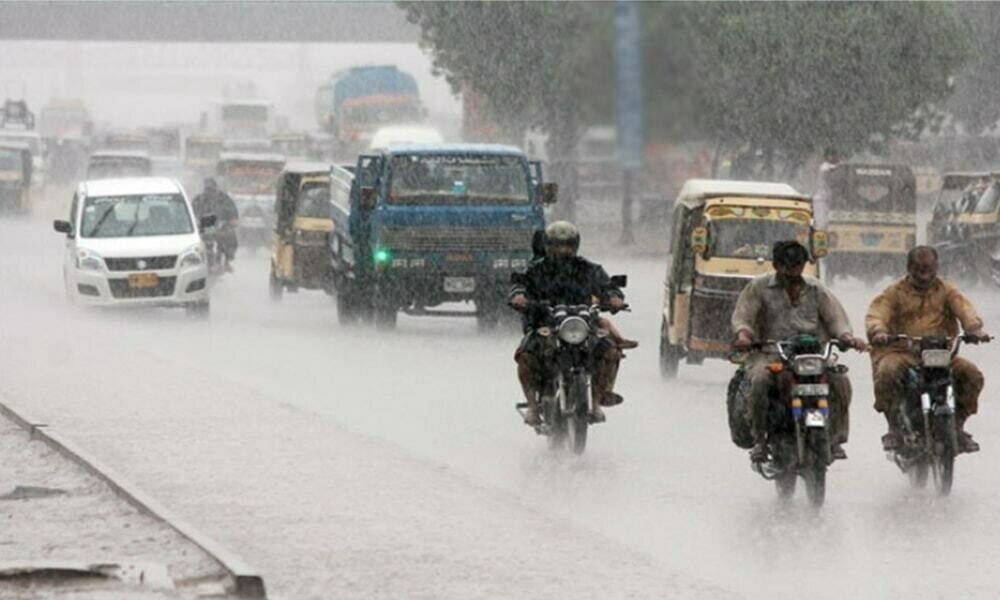ISLAMABAD: The National Disaster Management Authority (NDMA) has issued an alert for flood and landslide as heavy and light rains are expected in different parts of the country, including Gilgit-Baltistan and Azad Kashmir, in the first week of July.
As per the NDMA forecast, moderate to heavy rains may increase water flows in nullahs, streams, and rivers, causing flash flooding in low-lying areas.
The monsoon rains may trigger hill torrents in areas of Dera Ismail Khan, Dera Ghazi Khan and Rajanpur along with Suleman and Kirthar mountain ranges. There is also a possibility of urban flooding in major cities.
The rains could also trigger landslides in vulnerable areas of Murree, Galiyat, Azad Kashmir, GB and mountainous areas of Khyber Pakhtunkhwa and Balochistan. Meanwhile, increased temperatures and rainfall in GB and KP are expected to trigger Glacial Lake Outburst Flood (Glof) events in at-risk valleys.
The NDMA further said that dust, wind and thunderstorms, as well as heavy showers, may damage structures such as electrical poles, solar panels, hoardings, trees, and under-construction buildings.
Citizens, especially travellers and tourists, have been advised to check forecasts regarding weather and flood conditions and follow precautionary measures and take recommended alternative routes for travelling.
The residents of twin cities of Rawalpindi and Islamabad, finally got respite from sweltering heat after rainfall in different areas. The temperature dropped by five degrees Celsius in Islamabad from 41°C to 36°C during the evening.
The downpour started in the afternoon after 3:20pm and continued till 4:10 pm. However, the water level in Rawalpidi’sLehNullah remained low and did not rise. For the past week, the mercury remained over 40°C. The sizzling heat made people’s lives miserable and they mostly stayed indoors in the afternoon.
According to an official, continental air is prevailing over most parts of the country with a shallow westerly wave in upper areas. The highest temperature was recorded in Chhor, Jacobabad at 46°C, followed by 45°C in Dadu, Hafizabad and Turbat and 44°C in Bhakkar, Sakrand and ShaheedBenazirabad areas of Sindh.


